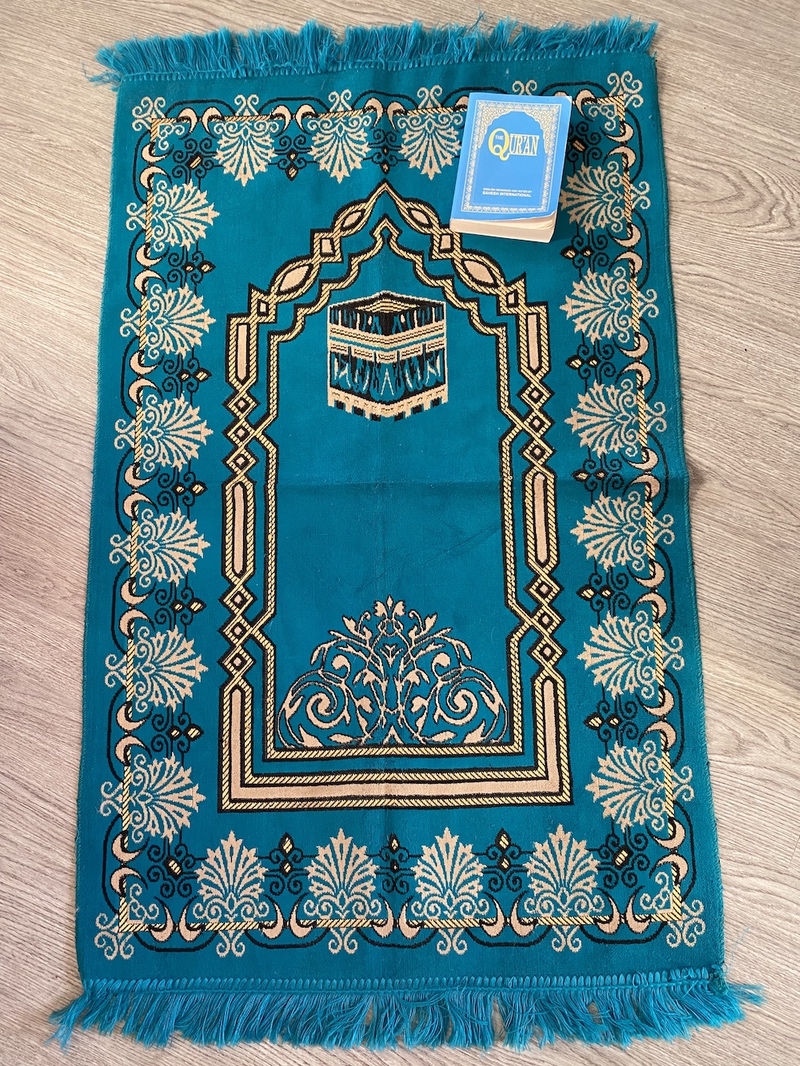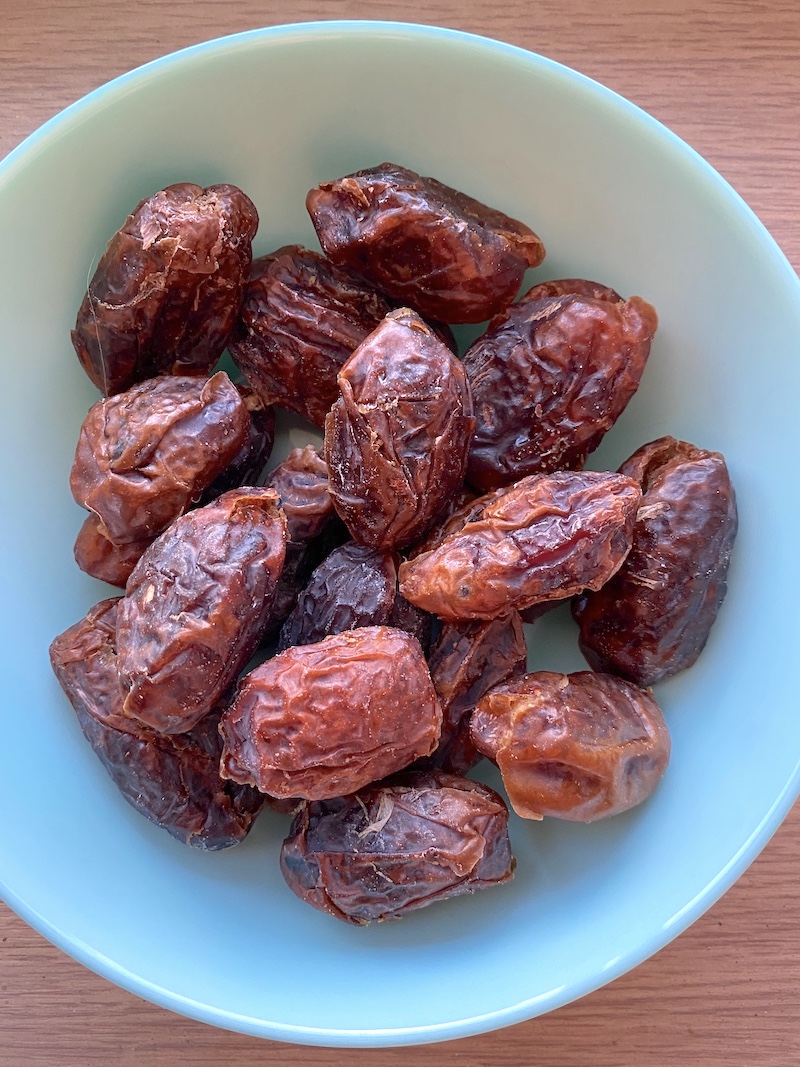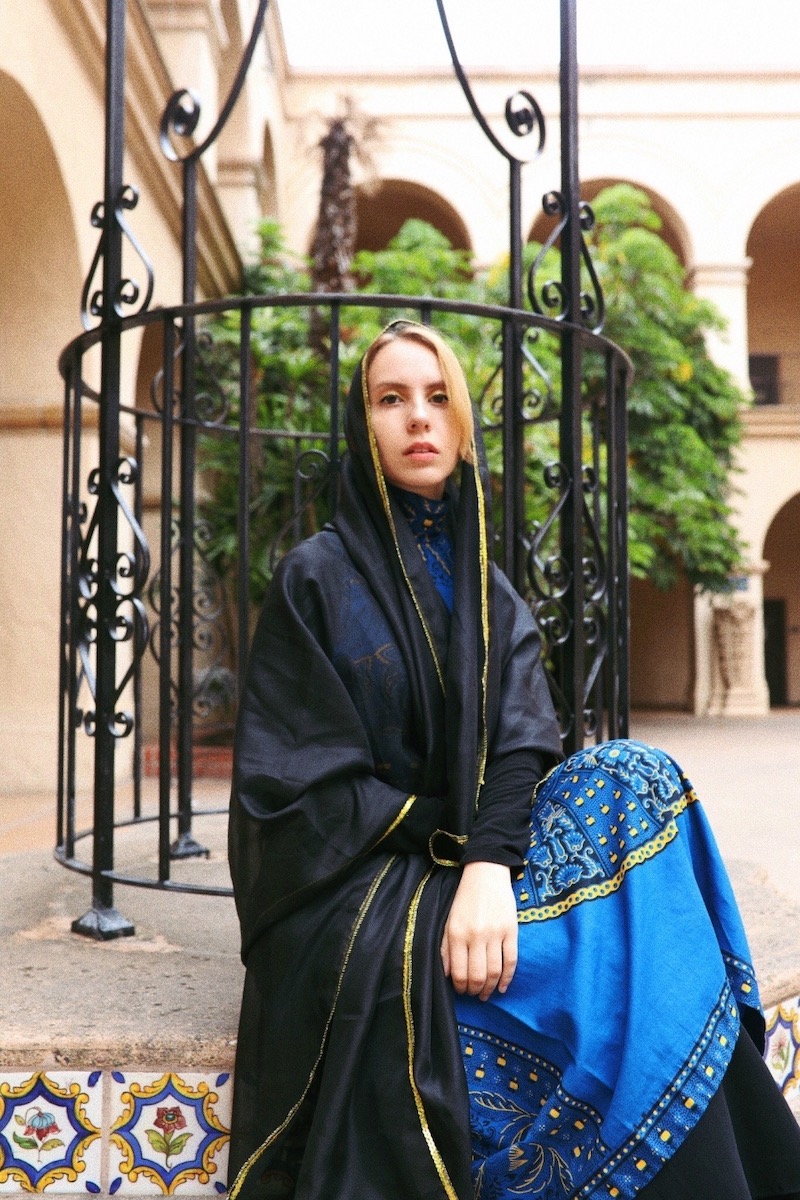Ramadan Mubarak
April 13, 2022
by Global Initiatives Team
By Vanessa ElShamy, Entry-Level Professional Master’s student
Editors Michelle Plevack and Abraham Ramirez
Entry-Level Professional Master’s students
Ramadan — the ninth month of the Islamic calendar. In short, this is the month where Muslims believe that the Qur’an (our holy book) was revealed to the Prophet Muhammad. Most people know that Muslims fast during this month (no food or drink from sunrise to sunset, and yes, not even water), however, it goes much deeper than that. Muslims do not just fast from food and drink, we also fast from poor habits such as bad mouthing others and seek stronger spirituality and connection to God (Allah), pray heavily, read the Qur’an more often, and participate in profound self-reflection. Additionally, we are obligated to give to charity (zakat) and perform good deeds as often as possible — selfishness has no place in Ramadan. While individuals may approach Ramadan slightly differently around the world, it is understood that the main objective is not to make ourselves suffer, but to become more conscious of our beliefs and look inward to pursue true self-improvement. When you strip your life of worldly pleasures, you are only left with yourself. It may seem intense to some, but I truly feel that it cleanses my heart.

My prayer mat and Qur’an. We always face our mats and bodies toward the Kaaba, the sacred center of the holy city of Mecca.
Ramadan is based on the lunar calendar, so it starts on a different date every year. This year it began on April 2nd and will continue until May 2nd. This is the first year that I am observing Ramadan on my own, out of my parents’ house. It is also the first year in a long time that I am fasting during classes and exams, which I will admit, I am not exactly looking forward to. As beautiful and transformative as Ramadan is, it is not easy, and it is not supposed to be. We are 3 days into this year’s fast and so far I am surprised by how capable I have been without my morning coffee. I have not had any headaches from lack of caffeine thus far, and for this I say “Alhamdulillah” (“thank God” or “praise be to God”). While I have been a bit sad because I miss my family and our Ramadan traditions — feeding each other dates before Iftar (the meal that ends the day’s fast), drinking decaf coffee and eating baklava together after dinner, and more — I feel optimistic about what the month will bring me. As humans, we will make mistakes — they are a part of life. I know this to be true but I usually do not give myself the same grace I give others when I make mistakes. Ramadan reminds me time and time again that we are worth forgiving when we make mistakes, as long as we take responsibility for them and commit to doing better. Shame and guilt are powerful forces, but forgiveness is always stronger. Due to this, I have left Ramadan every year with a heightened sense of self-worth and a clearer picture of life’s purpose.

The Mejdool dates that I have been breaking my fasts with this year. Dates are high in sugar and vitamins, which makes them good to eat after a long day of fasting.
Participating in Ramadan is a meaningful occupation to me. During the month, fasting becomes an activity of daily living. When looking at the Occupational Therapy Practice Framework (OTPF), Ramadan encompasses client factors such as personal values, beliefs, and spirituality. While these factors may not be important to all, they are vital to people like me who shape their everyday lives off of certain spiritual sentiments. As the OTPF states, spirituality is “the aspect of humanity that refers to the way individuals seek and express meaning and purpose and the way they experience their connectedness to the moment, to self, to others, to nature, and to the significant or sacred” (AOTA, 2020). I honestly cannot imagine my life without Islam or Ramadan. Every time I waver from the spiritual path, I find myself being pulled back in. Every time I get annoyed that I “have” to fast and pray, I remind myself how beneficial it is for my spirit and mind. I think it is beautiful that so many people feel similarly about different religions and other forms of worship — this was a little glimpse into mine.

Me, a few years ago on Eid (the celebratory day after Ramadan ends).
⋯
Next by tag Diversity ⟩
⋯





